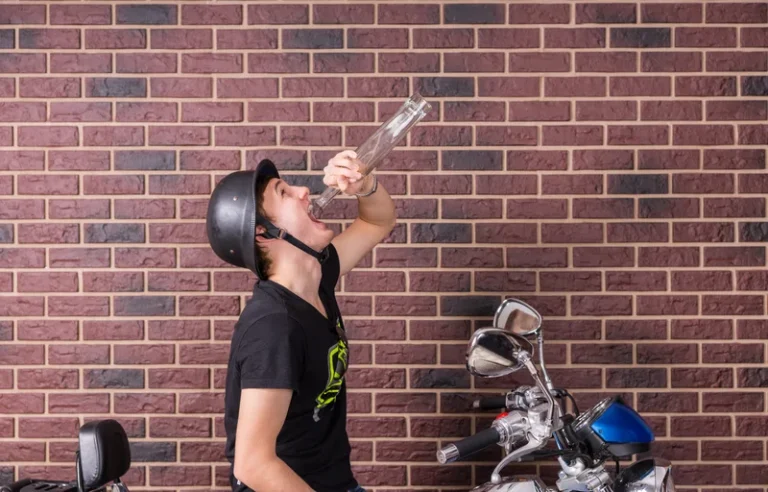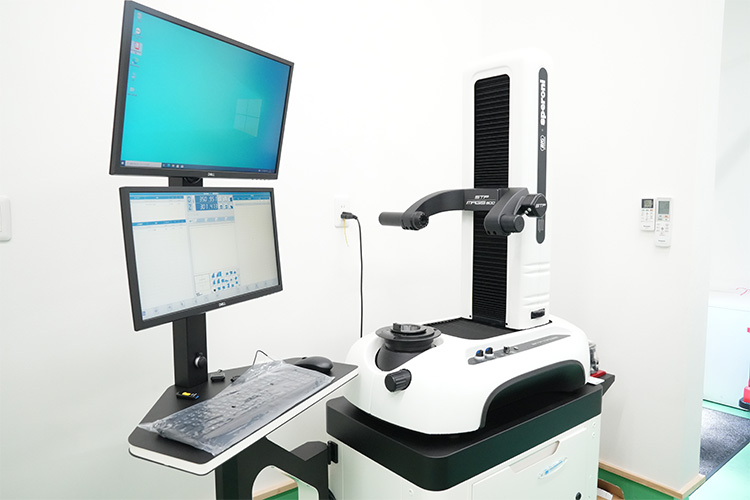
So now you’re also depressed because of your drinking and because alcohol is what you turn to, to feel at least temporarily better, you continue to drink,” Anand says. Regular excessive drinking has a clear link to ongoing high blood pressure. “While alcohol can make you drowsy, it fragments sleep cycles and suppresses REM sleep, the deep stage crucial for memory, learning and cognitive function,” says Andrews. She explains that alcohol reduces sleep quality by increasing nighttime awakenings and decreasing restorative sleep.
- Andrews points out that alcohol takes a toll on the immune system, leaving the body more susceptible to infections and slower healing.
- The UK Chief Medical Officers advise against drinking more than 14 standard drinks per week to minimize health risks, including high blood pressure alcohol and cardiovascular disease.
- As more people embrace initiatives like Dry January and Sober October, taking a break from alcohol has now become more socially acceptable than ever before.
- For healthy adults, that means up to one drink a day for women and up to two drinks a day for men.
Healthy Alternatives to Drinking
Even when taking antihypertensive medications, alcohol drinkers may experience Substance abuse abnormal changes in their diurnal BP. The stronger antihypertensive effect of daytime BP in drinkers may lead to the masking of hypertension or nighttime hypertension. Conversely, if hypertensive drinkers treated with calcium channel blockers have high daytime BP, their BP may be even higher at night. Therefore, 24-hour ABPM is beneficial for diagnostic evaluation and management. Further evidence is needed to elucidate how the management of non-dipping patterns affects clinical outcomes.
- However, researchers are still seeking to understand the full impact of certain risk factors.
- But how you drink — fast or slow, with or without food — and how old you are can also determine how alcohol might affect your heart rate.
- Possible Blood Pressure SpikeFollowing heavy consumption, individuals might notice an uptick in heart rate and BP.
- To examine the acute and chronic effects of alcohol on blood pressure (BP) and the incidence of hypertension.
Short-Term Impact

Fast-forward to today, and we are facing a similar wake-up call—this time with alcohol. The type of alcohol you drink—whether beer, wine, or spirits—does not significantly impact how alcohol raises blood pressure. While red wine contains antioxidants like resveratrol that may have heart-health benefits, drinking too much wine still increases the risk of high blood pressure and cardiovascular problems. The UK Chief Medical Officers advise against drinking more than 14 standard drinks per week to minimize health risks, including high blood pressure alcohol and cardiovascular disease.
About Medical News Today
Over time, high blood pressure damages the blood vessels that deliver blood to your kidneys, causing them to retain more salt, water, and toxins. This can further increase your blood pressure, creating a cycle that may eventually lead to kidney failure. Blood pressure is the force of blood pumping through your blood vessels (the tubes that carry blood to your organs). In time, high blood pressure can damage your blood vessels, which can lead to serious health problems, including kidney failure. The Atherosclerosis and Vascular Remodelling Group is researching the cellular and molecular mechanisms behind atherosclerosis to help prevent and treat cardiovascular disease. By preventing and even reversing vascular disease, this research will help prevent heart attack and stroke.

Experts have known for a while that heavy drinking — meaning eight or more drinks per week for women and 15-plus per week for men — raises your risk for high blood pressure (a.k.a. hypertension). When blood pressure, the force of blood flowing through your arteries, is consistently high, that ups your risk for heart attack, stroke and heart failure, as well as vision loss and kidney disease. The evidence from investigations with various designs converge regarding the acute biphasic effect of ethanol on BP and the risk of chronic consumption on the incidence of hypertension, particularly for Blacks. These effects do not support the putative cardioprotective effect of consumption of low-to-moderate amounts of alcoholic beverages. Mechanisms of chronic BP increase and the demonstration of long-term benefits of reducing alcohol intake as a means to treat hypertension remain open questions. Whether you’re pouring a round bp alcohol of drinks, savoring a glass of wine or enjoying a brew with close companions, drinking alcohol is so intertwined with our social and cultural rituals that it often goes unquestioned.

Yet, more and more, the science is pointing to the health risks of drinking alcohol. Surgeon General issued an urgent health advisory, ranking alcohol as the third leading cause of cancer, right after tobacco and obesity. Surgeon General at that time sparked a pivotal change in how we perceive health and social norms when he boldly stated that tobacco is linked to cancer. “For decades, cigarette smoking was socially acceptable, with little awareness of the damage it was doing,” says Christine Maren, D.O., a board-certified physician specializing in functional medicine.
- Sometimes, it’s hard to avoid alcoholic beverages at social events, but excessive alcohol consumption may increase your risk of high blood pressure.
- This means an increase from the starting point of your “resting heart rate,” when you’re not exerting yourself.
- Although these trials included adults from 18 to 96 years of age with various health conditions, most study participants were young healthy males.
- Alcohol can affect blood pressure alcohol in both the short and long term.
- Whether you choose wine, beer, or spirits, the quantity of alcohol consumed matters more than the type.
Benadryl is a potent first-generation antihistamine that crosses the blood-brain barrier, a protective filter that helps keep harmful substances from reaching the brain. It works on the CNS by slowing it down to block the effects of histamine, a chemical released by the immune system that causes allergy symptoms. However, this depression of the CNS may result in drowsiness, sedation, and lack of mental alertness. And while in some respect males, on the whole, may tolerate more alcohol because of generally larger body size, that’s not the whole story. Better to be cautious about jumping to conclusions about males, females and body size and the relative effects of alcohol, Dr. Sarraju cautions. Drinking within these limits can help reduce the risk of hypertension and other cardiovascular issues.


 NIDEC OKK HM シリーズ
NIDEC OKK HM シリーズ ロボットシステムR2000-iC/165F
ロボットシステムR2000-iC/165F 森精機 NLX3000
森精機 NLX3000 大昭和精機 ツールプリセッタMAGIS600-EGC50
大昭和精機 ツールプリセッタMAGIS600-EGC50